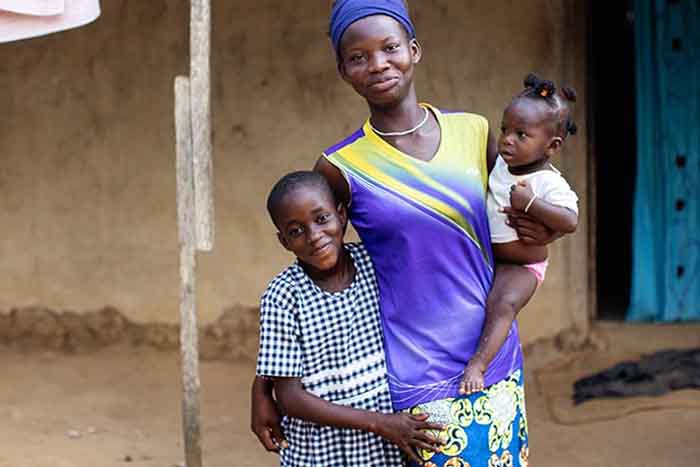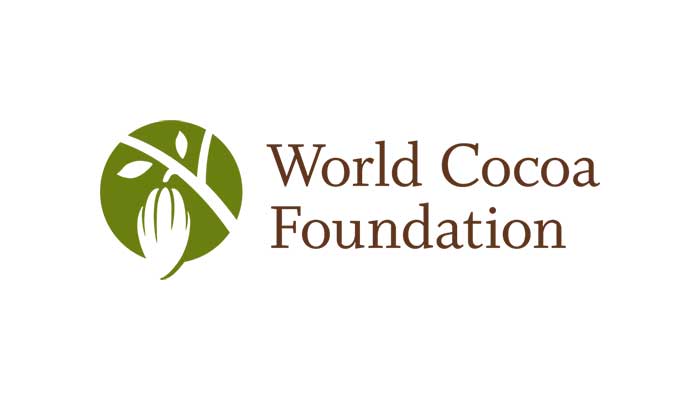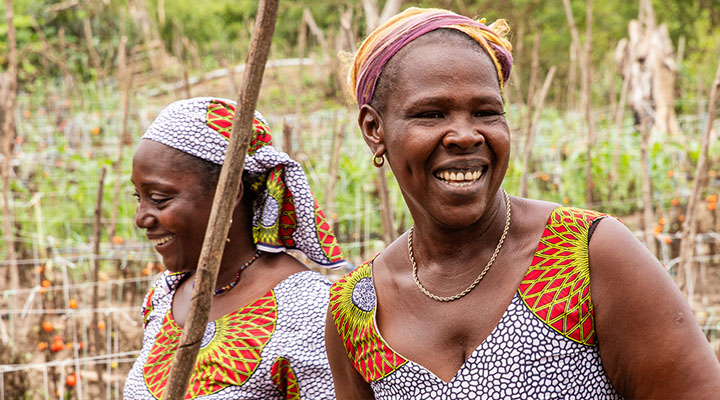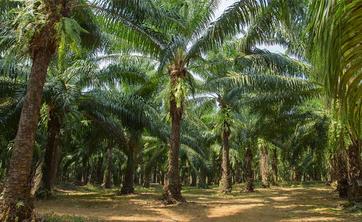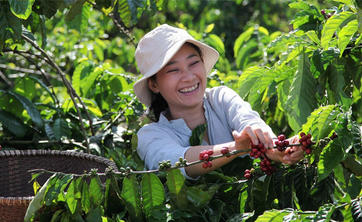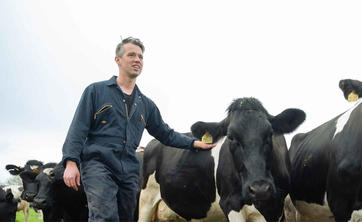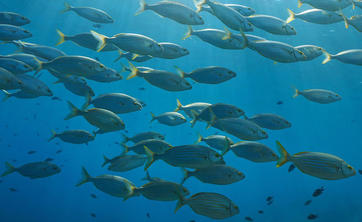Investing in cocoa communities
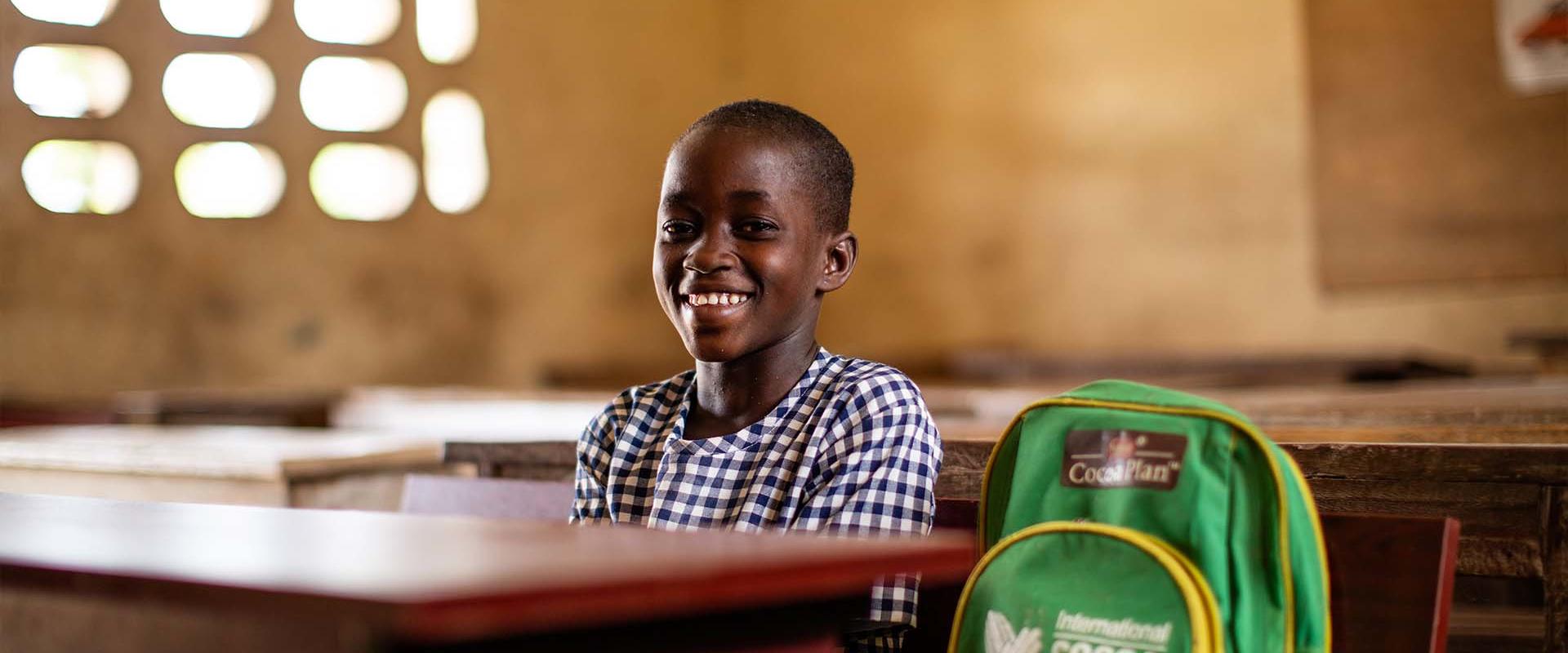
Cocoa is one of our most important ingredients, used in many of our foods and beverages. But the cocoa supply chain has enormous challenges. Most cocoa farmers are smallholders with low incomes and low productivity. They live in poor communities, with depleted soils and older, less productive trees. Child labour and gender inequality are common.
So, what’s the plan?
In 2009, we launched the Nestlé Cocoa Plan to improve the lives of our supply chain farmers in the main cocoa-producing countries, Côte d’Ivoire and Ghana. In the UK and Ireland, a major milestone was reached in 2015 when we began using 100% certified sustainable cocoa for all our chocolate and biscuits. By 2025, our goal is that all the cocoa we use for our products globally will be 100% certified sustainable.
Much of the work we do as part of the Nestlé Cocoa Plan is beyond what is required for certification. We do these things because we want to build long-term relationships and help to improve the lives of cocoa farmers and others within our supply chain.
Why did we switch KitKat certification from Fairtrade to Rainforest Alliance?
We have been using 100% certified sustainable cocoa in the UK & Ireland since 2015 and that has mostly been achieved though Rainforest Alliance certification (formerly UTZ). We want to use one consistent certification system around the world. Bringing KitKat products under the same certification as the rest of our chocolate and biscuits will help us to track the commitments we have made through the Nestlé Cocoa Plan more closely.
We have chosen Rainforest Alliance certification because our aim is not only to make sure farmers receive a fair price for their cocoa, but to also make sure that we are tackling key social and environmental issues, including child labour and deforestation. Those aims match the mission and goals of Rainforest Alliance where there is a focus on how farms are managed and certification is awarded to farms that meet comprehensive social, economic and environmental standards. Addressing these issues is vital to making sure the industry is sustainable in the long term.
We remain committed to responsible sourcing throughout our supply chain and to ensuring that all our farmers are treated fairly.
Read about the move to Rainforest Alliance >
Visit the Rainforest Alliance website >
Living income accelerator programme
The living income accelerator is a new programme launched in 2022 aimed at increasing income for cocoa farmers and supporting their children and families.
Tackling child labour in our cocoa supply chain
Child labour is a complex issue globally, involving many factors – poverty, demographics, education, infrastructure, local culture.
Over the past 10 years, through the Nestlé Cocoa Plan, our Child Labour Monitoring and Remediation System (CLMRS) has worked with supply chain partners and local communities in West Africa to identify children at risk, raise awareness and provide remediation. We’ve invested CHF 19.3 million to date in addressing the causes of child labour and getting children back into the classroom.
You may also be interested in
-
Helping cocoa communities The Nestlé Cocoa Plan is our commitment to fully sustainable cocoa by 2025.How does it work?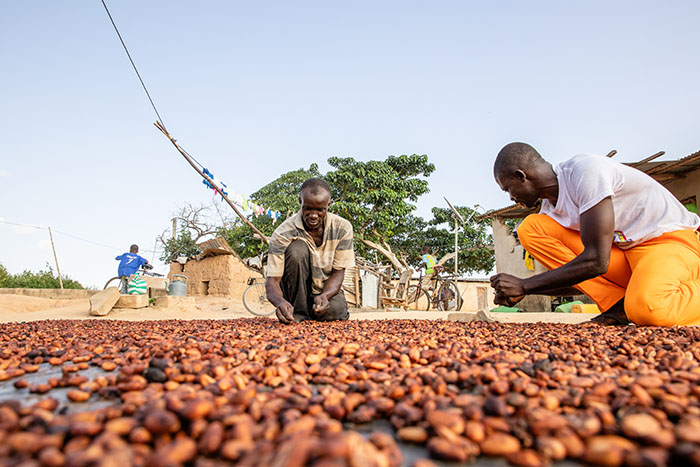
-
Cavally forest reserve Cote d’Ivoire has lost more than 75% of its forests in 60 years. Can we turn deforestation into rehabilitation?Find out more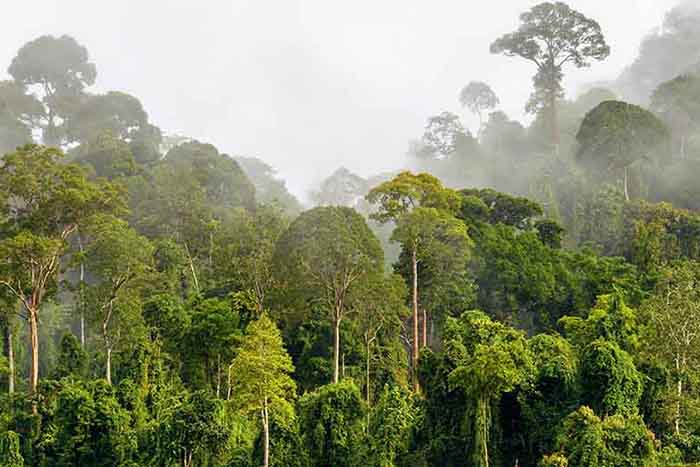
-
Bridge schools Helping kids in cocoa communities back into education.FIND OUT MORE